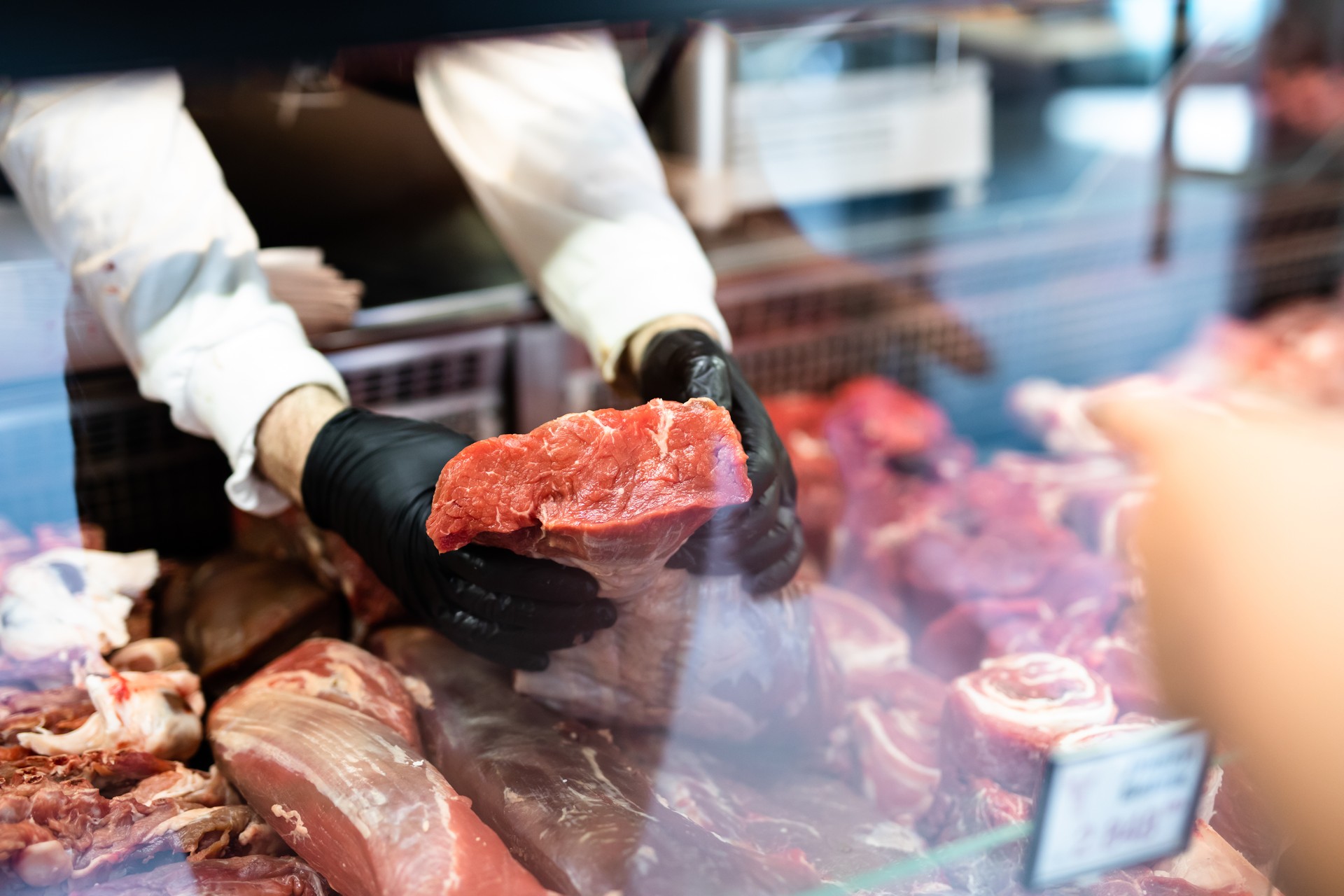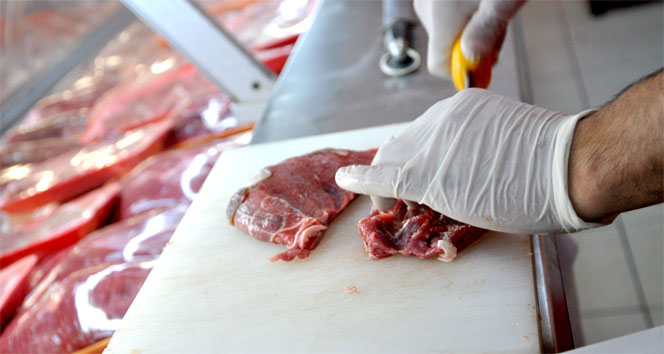
Türkiye's Meat and Milk Board (ESK) announced plans to supply approximately 40,000 live animals to the market to prevent excessive price increases ahead of Ramadan.
In a statement shared on its X post on Thursday, the authority, tasked with regulating the market, stated that it has taken a series of measures to ensure consumers can access red meat at affordable prices as the holy month approaches.
The statement read, "In this context, to curb unjustified price hikes, our institution will supply around 40,000 live slaughter animals, including those already available at the Directorate of Agricultural Enterprises (TIGEM) facilities, by the beginning of Ramadan."

It further noted that following the slaughter, the resulting carcass meat will be distributed at reasonable prices to PERDER-affiliated markets, Agricultural Credit Cooperative markets, catering companies, and meat industry producers. The statement emphasized that the aim is to prevent unwarranted price increases, which are often observed before Ramadan each year.
In recent months, red meat prices have seen a notable increase, rising by up to 15%. At the start of November, ground beef was priced at approximately ?600 ($17.38) per kilogram, but it has since climbed to ?680. Similarly, the cost of locally sourced beef chunks has gone up from ?600 to ?700 per kilogram.
Following the unexpected price hikes, President Recep Tayyip Erdogan also addressed the issue on Nov. 20, stating that the Ministry of Agriculture and Forestry would take necessary measures, including importing cattle from Brazil and Uruguay, to curb rising red meat prices.